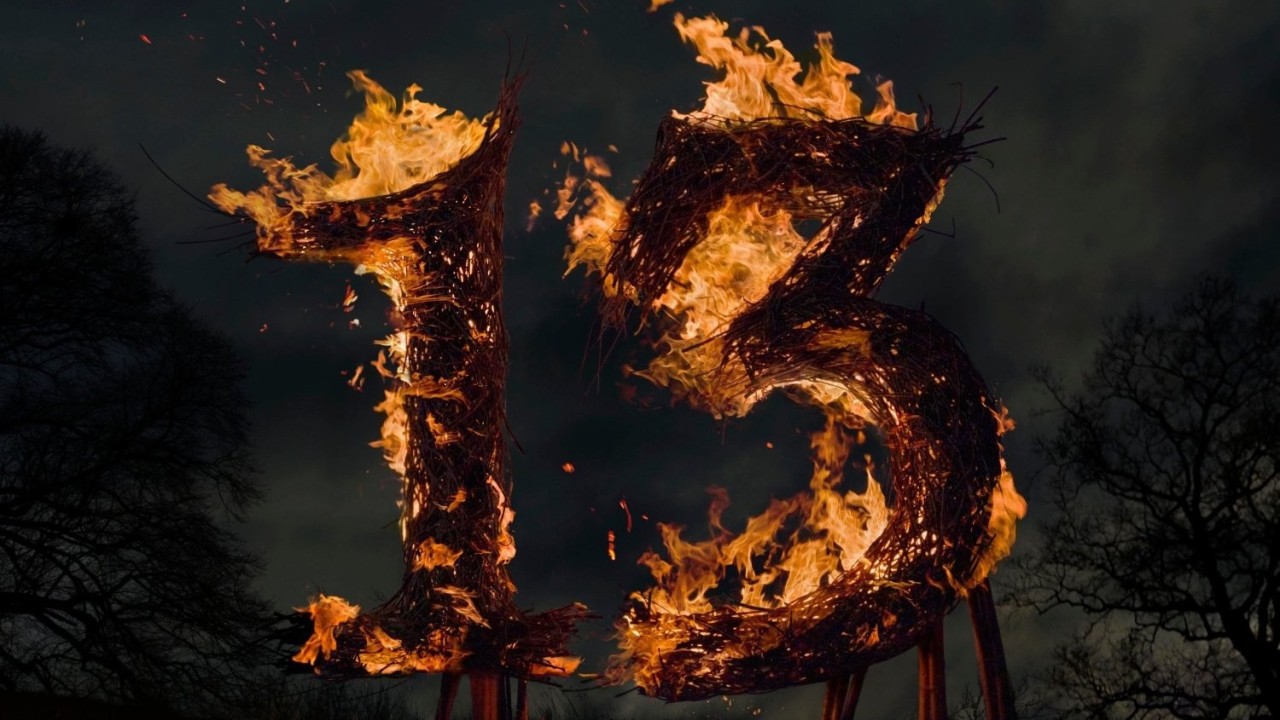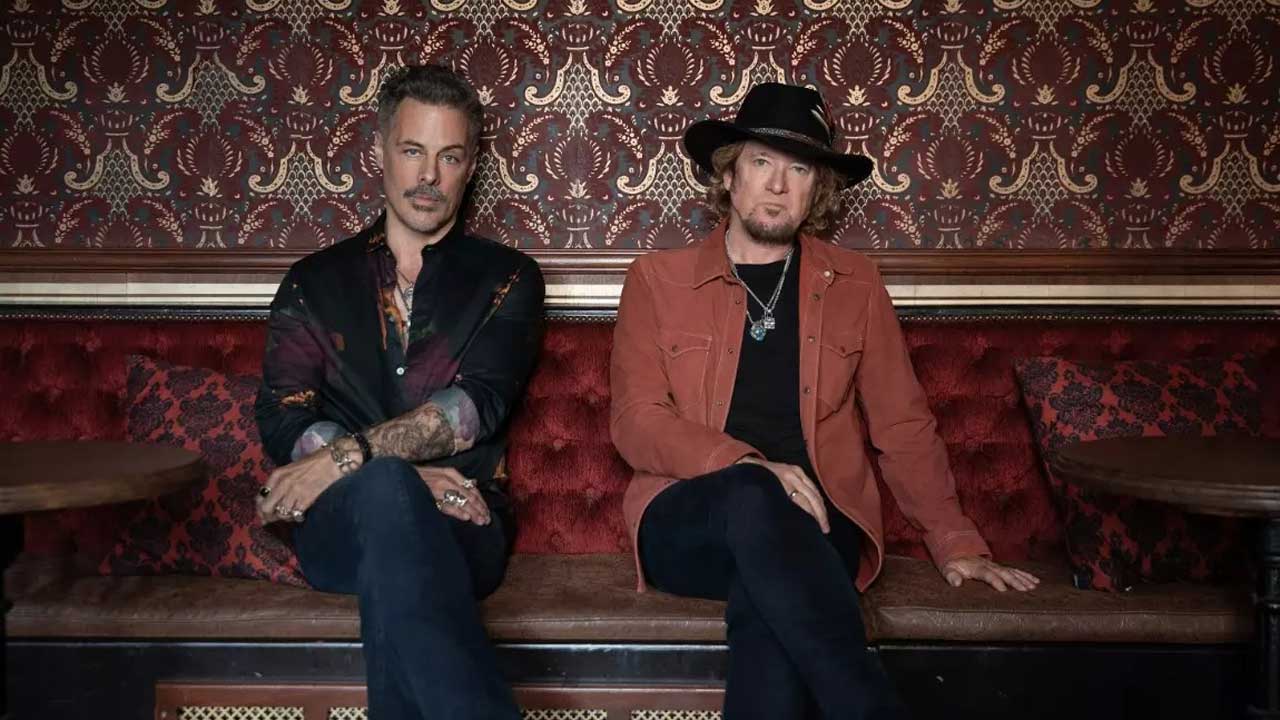You can trust Louder
Heavy metal has undergone incalculable changes since 1978, when Black Sabbath last released a full studio album with Ozzy Osbourne on vocals. Titled Never Say Die!, this writer was present during its mixing sessions. The tapes were played back at such terrifying volume that Ozzy was forced to leave the room – and at the time it sounded like it was the best thing they’d ever done. That opinion was shot down in flames upon the record’s release, but that’s another story...
Sabbath might be the founding fathers of metal but there’s no way they could have predicted how the scene would develop – make that mutate – over the decades. Given the intensity that characterises the modern-day scene, their decision to regroup with three-quarters of their ‘classic’ lineup is at best ambitious, at worst misguided.
Listening to the first two tracks on 13, it’s clear their heritage weighs heavily on their minds. The End Of The Beginning is a curiously low-key opener, the lyric ‘Rewind the future to the past’ highlighting the difficulty Sabbath face in trying to recapture the glories of old. Next up, God Is Dead? tries its damnedest to replicate the churning mayhem of old. But, somehow, it’s like a bad Xerox copy.
Then something – Christ knows what; could be the moment when Ozzy went back on the sauce – happens. Loner kicks in and delivers the first genuine, shivering spine-tingle of the record. It’s full of lurching menace; it’s got that archetypal groove; it’s even got Ozzy screeching ‘Alright now!’ like he did on _Sweet Leaf _back in ’71. Holy shit. It gets better. Zeitgeist, a dreamy Planet Caravan sound-alike, provides a delicious change of pace before Age Of Reason lumbers into your lug’oles, Tony Iommi cutting loose with a solo of meandering menace and Geezer Butler’s bass grumbling like an impending earthquake.
Live Forever maintains the intensity, then Damaged Soul ups the ante further. This is 13’s standout track; a loose and lethal dose of doomy blues, it sounds like it was knocked up at midnight in a garage in Solihull after a day down the abattoir. Ozzy comes into his own, honking the harmonica and delivering classic Sabbathisms: ‘Dying is easy – it’s living that’s hard’ and ‘I’m losing the battle between Satan and God. The cataract of darkness forms fully. The long black night begins…’
Dear Father’s mawkish title disguises its tale of revenge against an abusive parent; the drug-addled Methademic has its roots in Vol. 4’s Snowblind while Peace Of Mind has Ozzy hamming up his cracked-actor persona to fine effect. And if you listen carefully to Pariah you can hear Iommi’s plastic fingertips skittering along his strings; it might be imperfect but it’s a signature element of Sabbath’s sound.
Gripes? No Bill Ward; replacement drummer Brad Wilk is a little fussy and doesn’t quite have the feel. Similarly, Rick Rubin is no Rodger Bain; the production could be much more primitive. And, with a running time of nearly 70 minutes in deluxe form, the album is overlong. Nevertheless, this comeback is better than anyone could have expected.
Sign up below to get the latest from Metal Hammer, plus exclusive special offers, direct to your inbox!
A certain comedy band might own amplifiers that peak at 11, but Sabbath’s go all the way to 13.
Geoff Barton is a British journalist who founded the heavy metal magazine Kerrang! and was an editor of Sounds music magazine. He specialised in covering rock music and helped popularise the new wave of British heavy metal (NWOBHM) after using the term for the first time (after editor Alan Lewis coined it) in the May 1979 issue of Sounds.


